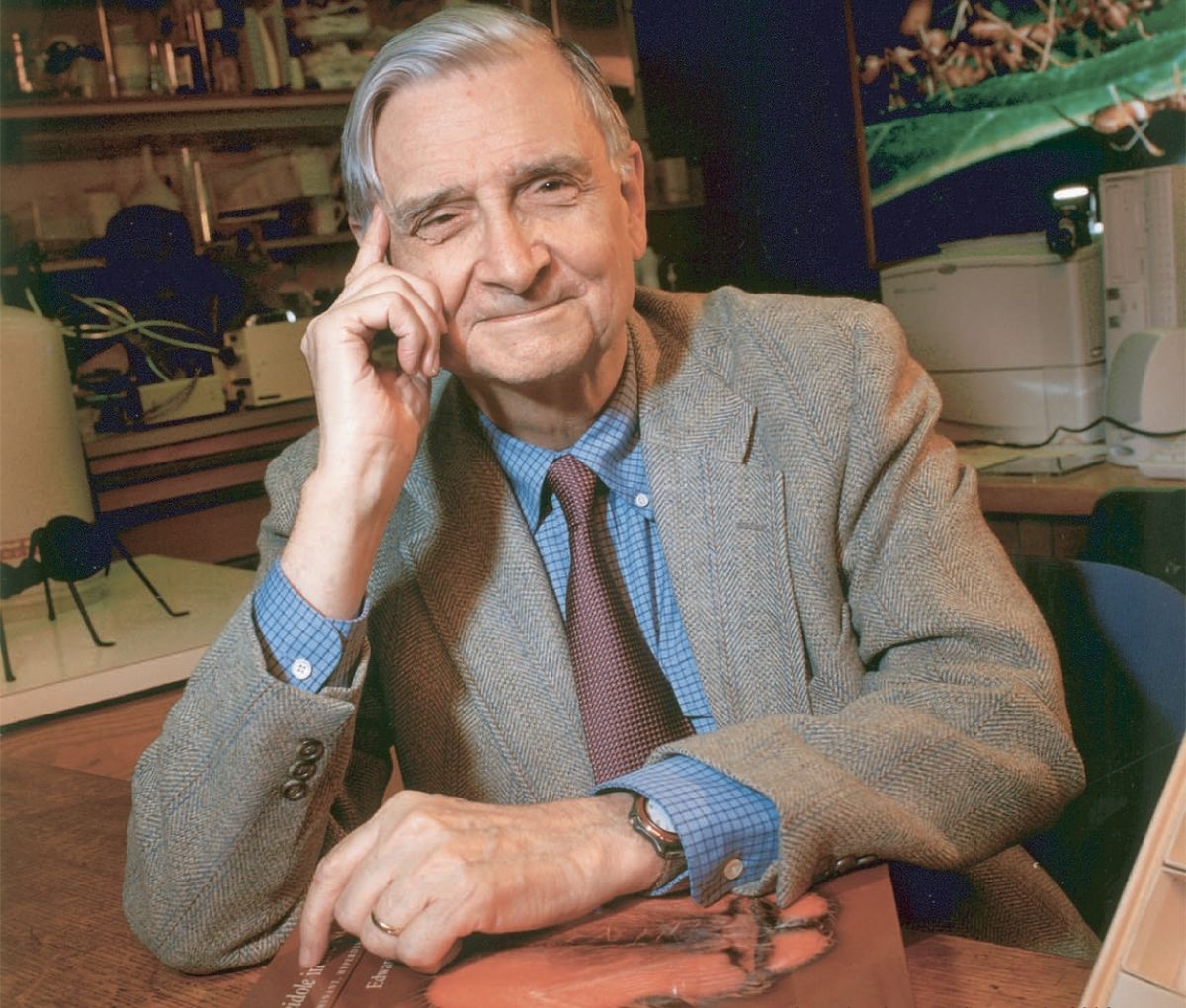
One of the greatest just passed away. In fact, Edward O. Wilson had the privilege of suffering which probably was the first witch-hunt of wokeness back in the days. He will always be on the walls of the Hall of Fame, and I allow myself to copy his “polemic” lines below. RIP.
It is part of the conventional wisdom that virtually all cultural variation is phenotypic rather than genetic in origin. This view has gained support from the ease with which certain aspects of culture can be altered in the space of a single generation, too quickly to be evolutionary in nature. The drastic alteration in Irish society in the first two years of the potato blight (1846-1848) is a case in point. Another is the shift in the Japanese authority structure during the American occupation following World War II. Such examples can be multiplied endlessly—they are the substance of history. It is also true that human populations are not very different from one another genetically. When Lewontin (1972b) analyzed existing data on nine blood-type systems, he found that 85 percent of the variance was composed of diversity within populations and only 15 percent was due to diversity between populations. There is no a priori reason for supposing that this sample of genes possesses a distribution much different from those of other, less accessible systems affecting behavior.
The extreme orthodox view of environmentalism goes further, holding that in effect there is no genetic variance in the transmission of culture. In other words, the capacity for culture is transmitted by a single human genotype. Dobzhansky (1963) stated this hypothesis as follows: “Culture is not inherited through genes, it is acquired by learning from other human beings . . . In a sense, human genes have surrendered their primacy in human evolution to an entirely new, nonbiological or superorganic agent, culture. However, it should not be forgotten that this agent is entirely dependent on the human genotype.” Although the genes have given away most of their sovereignty, they maintain a certain amount of influence in at least the behavioral qualities that underlie variations between cultures. Moderately high heritability has been documented in introversion-extroversion measures, personal tempo, psychomotor and sports activities, neuroticism, dominance, depression, and the tendency toward certain forms of mental illness such as schizophrenia (Parsons, 1967; Lerner, 1968). Even a small portion of this variance invested in population differences might predispose societies toward cultural differences.
At the very least, we should try to measure this amount. It is not valid to point to the absence of a behavioral trait in one or a few societies as conclusive evidence that the trait is environmentally induced and has no genetic disposition in man. The very opposite could be true.
In short, there is a need for a discipline of anthropological genetics. In the interval before we acquire it, it should be possible to characterize the human biogram by two indirect methods.
First, models can be constructed from the most elementary rules of human behavior. Insofar as they can be tested, the rules will characterize the biogram in much the same way that ethograms drawn by zoologists identify the “typical” behavioral repertories of animal species. The rules can be legitimately compared with the ethograms of other primate species. Variation in the rules among human cultures, however slight, might provide clues to underlying genetic differences, particularly when it is correlated with variation in behavioral traits known to be heritable. Social scientists have in fact begun to take this first approach, although in a different context from the one suggested here…
(…)
The other indirect approach to anthropological genetics is through phylogenetic analysis. By comparing man with other primate species, it might be possible to identify basic primate traits that lie beneath the surface and help to determine the configuration of man’s higher social behavior.
In Memoriam: E. O. Wilson (1929 – 2021) by Manuel Fraga is licensed under a Creative Commons Attribution 4.0 International License.
